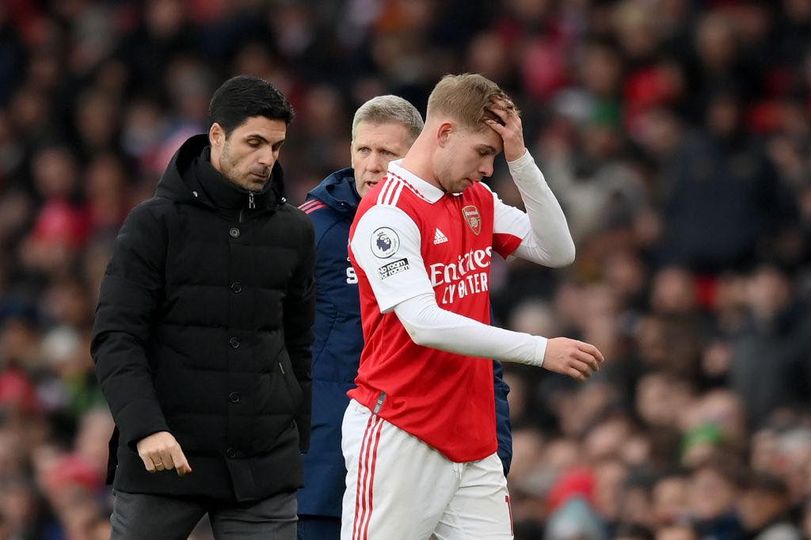Emile Smith Rowe recently opened up about his decision to leave Arsenal, describing it as the toughest choice he has ever had to make. “Leaving Arsenal has been the toughest decision I had to make,” he admitted, reflecting on the emotional weight of parting ways with a club where he had developed and thrived.
Smith Rowe’s connection to Arsenal runs deep, having come through the ranks and established himself as a promising talent. Yet, despite the affection he holds for the club, the pressing need to find playing time became an undeniable factor in his decision-making process.
He emphasized that his desire to play regularly was a crucial motivator, stating, “I wanted, needed to play.” This sentiment resonates with many athletes who find themselves in situations where their talent may be stifled by competition for positions. For Smith Rowe, the yearning to contribute on the pitch and regain his form overshadowed the attachment to Arsenal.
He acknowledged that it was important to prioritize his own happiness and career development, a realization that is vital for any player looking to advance in a demanding sport. The struggle between loyalty and ambition is a common theme in football, and for Smith Rowe, the desire for personal growth ultimately guided his path.
Reflecting further, he noted, “Sometimes you think of the best for yourself.” This statement encapsulates the inner conflict many players face when considering their futures. In choosing to move on, Smith Rowe aimed to reclaim his joy in playing football and find a situation where he could flourish.
His decision serves as a reminder that, while club loyalty is important, the pursuit of personal fulfillment and career progression must also take precedence. As he embarks on this new chapter, fans and analysts alike will be keenly observing his journey, eager to see how he navigates this transition and re-establishes himself as a key player on the pitch.














